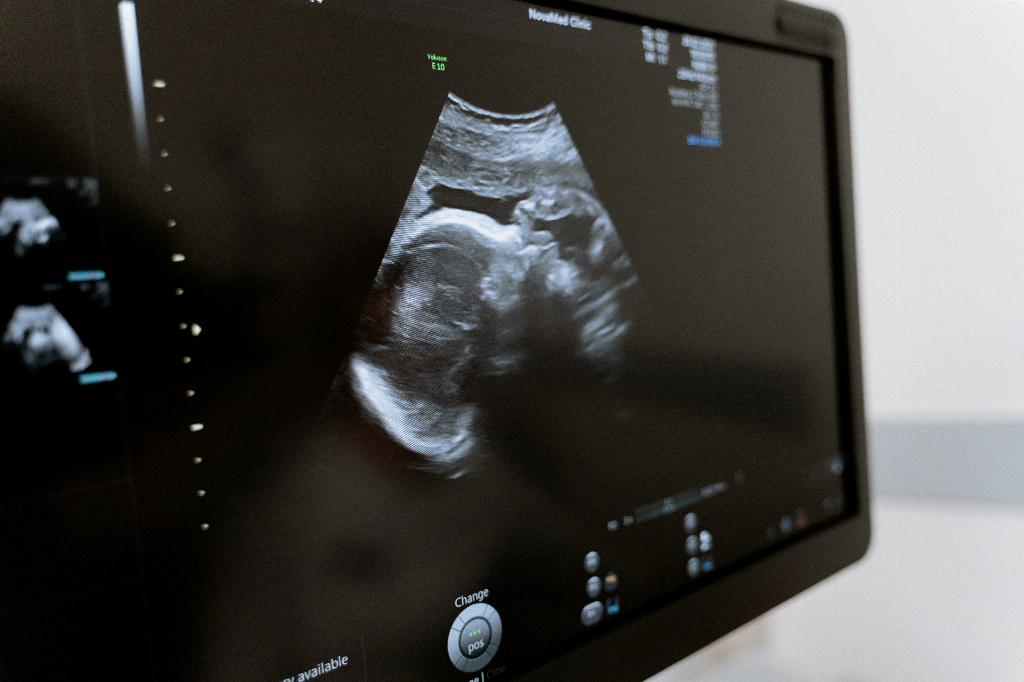After pregnancy, many women wonder about the ideal timing for a Pap smear. It is essential to prioritize your health and well-being postpartum, including following up on any necessary screenings. Here’s a detailed guide on when you should consider getting a Pap smear after pregnancy.
Immediate Postpartum Period
During the immediate postpartum period, healthcare providers typically do not perform Pap smears. It is essential to focus on recovery and bonding with your newborn during this time. The body undergoes significant changes during pregnancy and childbirth, so allowing for proper healing is crucial.
Wait for 3 Months
If you are due for a cervical screening test, such as a Pap smear, it is generally recommended to wait until at least three months after giving birth. Waiting allows your body time to recover fully from childbirth, as well as any potential changes that occurred during pregnancy.
Consult Your Healthcare Provider
It is always best to consult your healthcare provider for personalized recommendations regarding when to schedule a Pap smear after pregnancy. They can take into account your individual health status, medical history, and any specific concerns you may have.
Understanding Pap Smear Results
Once you have undergone a Pap smear after pregnancy, it is important to understand the results. Your healthcare provider will interpret the findings and discuss any follow-up steps if needed. Regular screenings are crucial for early detection and prevention of cervical cancer.
Importance of Regular Screenings
Regular Pap smears are essential for women’s health, as they can detect abnormal changes in the cervix early on. Early detection of any issues allows for timely intervention and treatment, ensuring better outcomes in the long run.
Discussing Family Planning
If you are considering another pregnancy in the future, discussing family planning with your healthcare provider is vital. They can provide guidance on timing for Pap smears, vaccinations, and other aspects of preconception and prenatal care.
Personalized Care Plan
Every woman’s healthcare journey is unique, and having a personalized care plan in place is key. Your healthcare provider can work with you to create a tailored schedule for screenings, vaccinations, and overall wellness based on your specific needs.
Advocating for Your Health
Advocating for your health and well-being is paramount, especially during the postpartum period. Don’t hesitate to ask questions, express any concerns, or seek second opinions when it comes to your healthcare decisions.
Maintaining Overall Health
While focusing on postpartum care, remember to prioritize your overall health and well-being. This includes regular exercise, a balanced diet, managing stress, and attending routine healthcare appointments to ensure you are in optimal health.
Final Thoughts
When considering when to get a Pap smear after pregnancy, remember that your health is a top priority. By following recommended guidelines, staying proactive in your healthcare, and working closely with your healthcare provider, you can take important steps towards maintaining a healthy lifestyle.
Conclusion
In conclusion, it is advisable to wait at least three months after giving birth before scheduling a Pap smear. Consult your healthcare provider for personalized recommendations and stay proactive in advocating for your health postpartum.

